Allulose is a rare sugar that has been evaluated by the European Food Safety Authority (EFSA) for its safety and suitability as a novel food in the European Union. Here are some key points about Allulose and its status with EFSA:
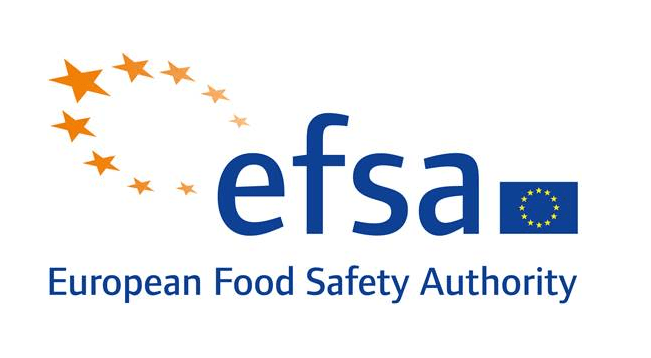
Novel Food Status: In Europe, Allulose is classified as a "novel food," which means it requires authorization from EFSA before it can be marketed and sold. This is because Allulose is not a food that has been consumed in significant quantities within the EU before May 15, 1997, the reference date for novel foods.
Safety Evaluation:
EFSA has conducted a safety evaluation of Allulose. The assessment included an examination of its potential genotoxicity (the ability to cause genetic damage) both in vitro (in the laboratory) and in vivo (in living organisms).Preclinical toxicity studies showed that Allulose was generally well-tolerated in animals such as rodents and dogs in acute, subchronic, and chronic studies.No toxicological studies were deemed necessary, and no matches were found between the amino acid sequence of the enzyme used to produce Allulose (D-psicose 3-epimerase) and known allergens.
Production Process:
Allulose is produced by the enzymatic epimerization of fructose, specifically by D-psicose 3-epimerase. This results in two forms: a crystalline form and a syrup form.
Proposed Uses:
Companies like Tate & Lyle have proposed marketing Allulose as a low-calorie sweetener in various food and beverage products within the EU.
Regulatory Approval:
As of the last update in 2022, Allulose was in the process of gaining regulatory approval in Europe. It needs to be authorized by both EFSA and the relevant national authorities, including the UK Food Standards Agency, to be sold legally.
Given the information available up until 2022, Allulose appears to have passed the safety evaluations required by EFSA. However, the exact status of its approval as of 2024 would require checking the latest updates from EFSA or other official sources. If you need the current status, Stmonk.com can look up more recent information for you.Contact us use Online Chat.
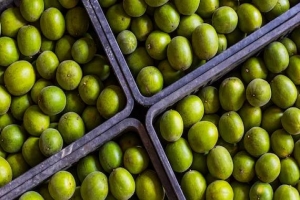 The regulation of Monk Fruit Extract (also known as Luo Han Guo extract) varies across different cou
The regulation of Monk Fruit Extract (also known as Luo Han Guo extract) varies across different cou
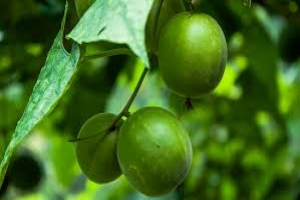 Health Canada Approves Monk Fruit Extract as a Natural Sweetener
Health Canada Approves Monk Fruit Extract as a Natural Sweetener
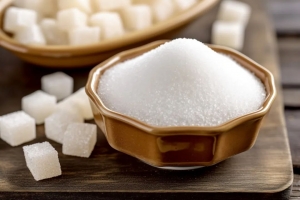 New Breakthrough in Allulose: A Healthier Sugar Alternative Gains Momentum
New Breakthrough in Allulose: A Healthier Sugar Alternative Gains Momentum
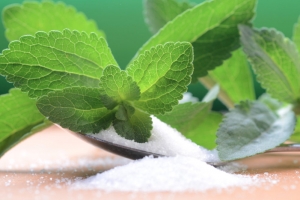 Understanding Reb-M: The Benefits of a Next-Generation Sweetener
Understanding Reb-M: The Benefits of a Next-Generation Sweetener